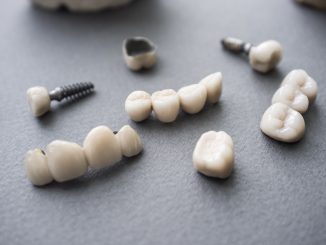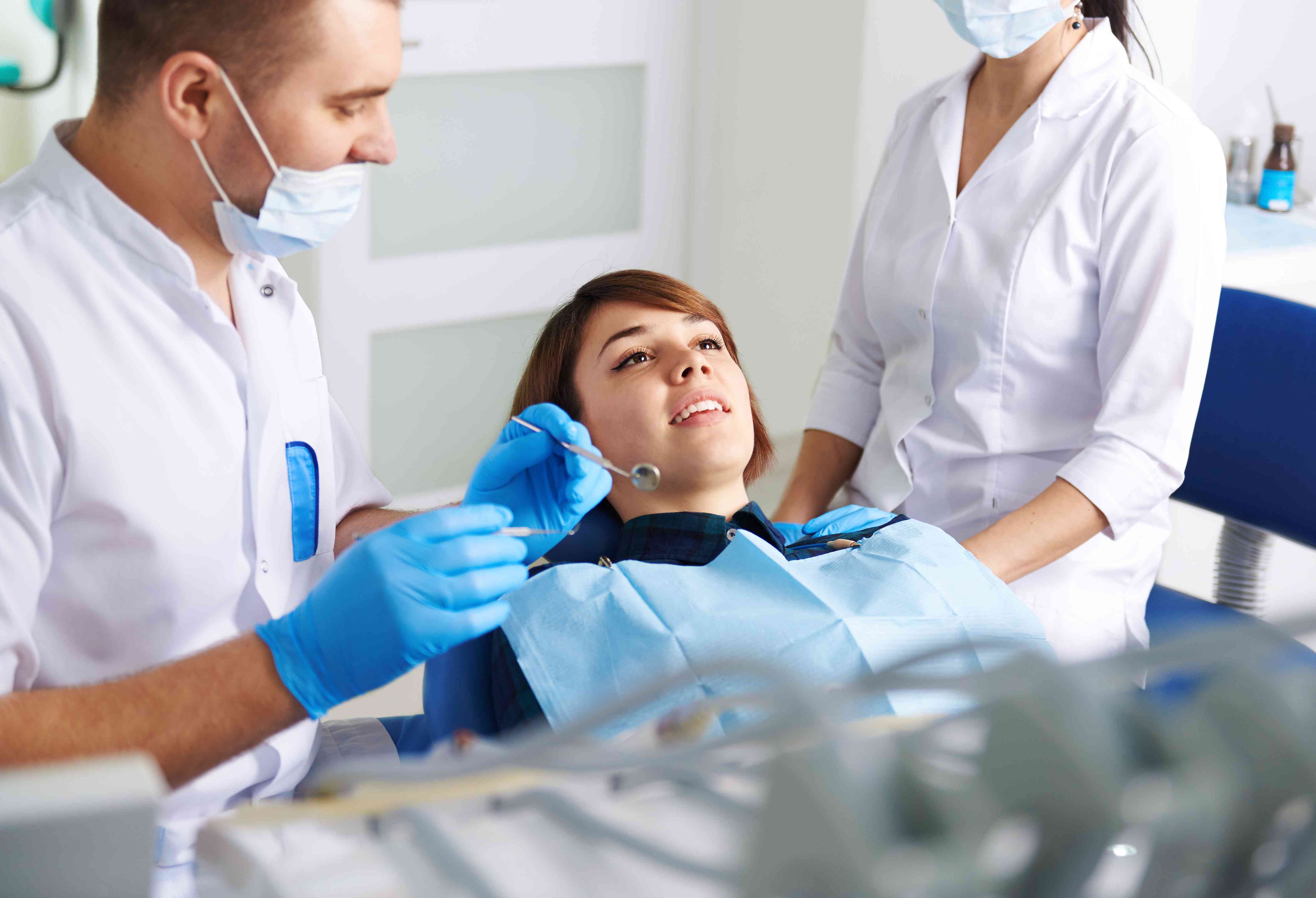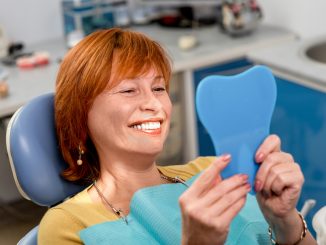
 Bruxism is one of the most destructive dental functional disorders, with multiple and diverse effects. These may include tooth wear, head and neck pain, enamel erosion, and temporomandibular joint pain and dysfunction.
Bruxism is one of the most destructive dental functional disorders, with multiple and diverse effects. These may include tooth wear, head and neck pain, enamel erosion, and temporomandibular joint pain and dysfunction.
Bruxing, according to research, is also one of the common habits that may adversely affect dental implants. It is noted that habitual bruxism increases the stress on implants, with aggressive tongue thrusting which may cause problems with anterior implants. The adverse of teeth grinding can also impede implant recovery.
Destructive Forces
The worst thing about bruxism is that it can increase the frequency of the force or pressure applied to the bone, which supports the implant. This can lead to destructive lateral loads, increasing the risk of implant failure. The habit can wear away the protective coating of the implant, which may mean replacing it several times over the course of your life.
Reduce Its Effects
PDC Dental notes that anyone with healthy jaw and gums is a good candidate for implants. It is important to remember, however, that uncontrolled bruxism may affect the success of the procedure. Good thing, there are steps you can take to alleviate its effects. Your dentist can advise you to wear a mouth guard, which is ideal for protecting dental health, as well reducing the strain on facial and jaw muscles.
Part of the Cure
For some patients, implants can be an integral part of the cure for teeth grinding. As dental implant can replace missing teeth and improve bite, it can stop the degradation of the jawbone, which can help eliminate or reduce bruxism.
Your dentist may also place and restore implants in a way that they contribute to comfortable and proper positioning of the jaw. This is with hope to alleviate the effects and resolve problems with bruxism. Some may also advise you to resolve the problems with teeth grinding before placing the dental implants. This, of course, still depends on the severity and the underlying causes of the problem, as to how it can be treated.



